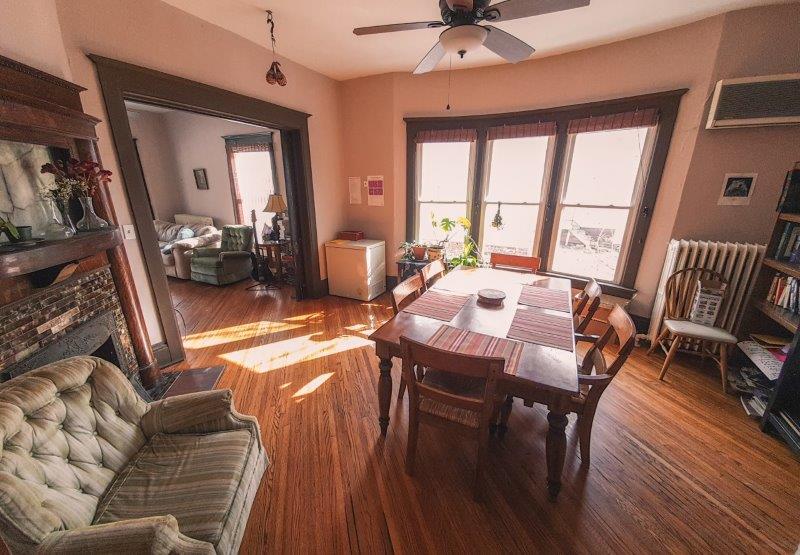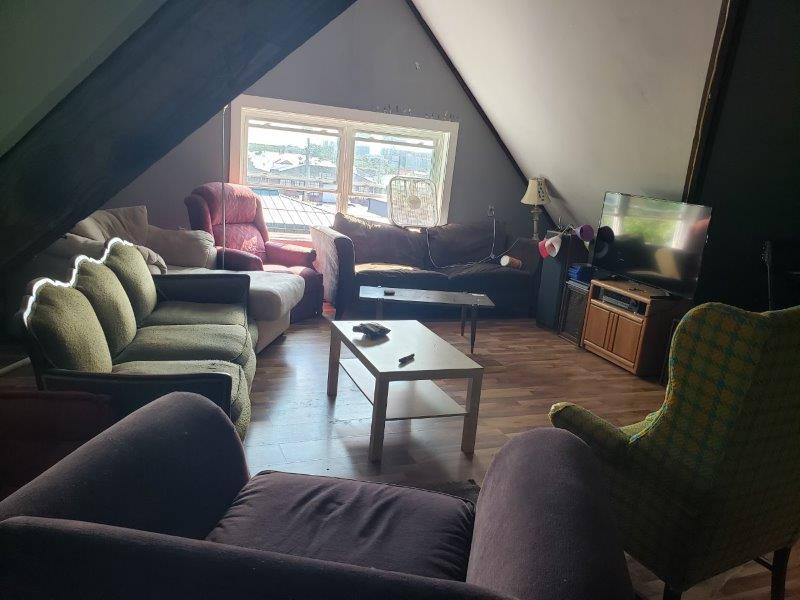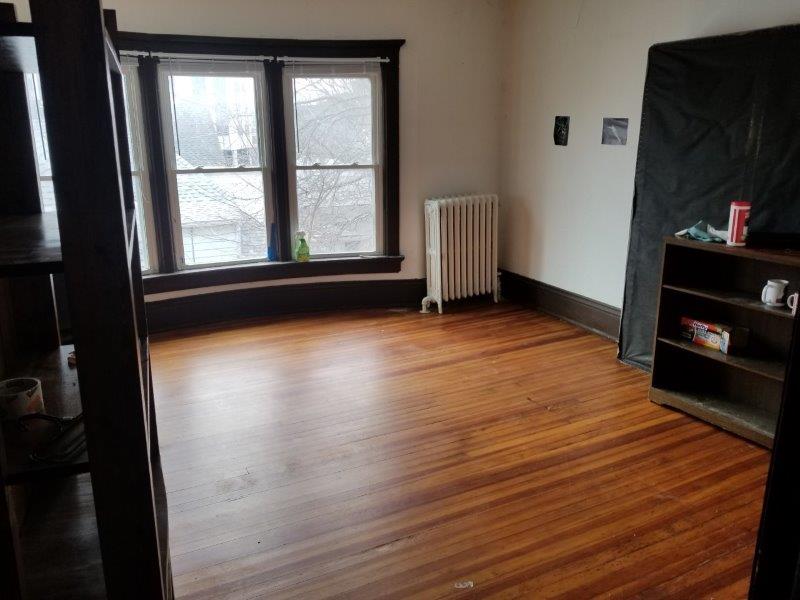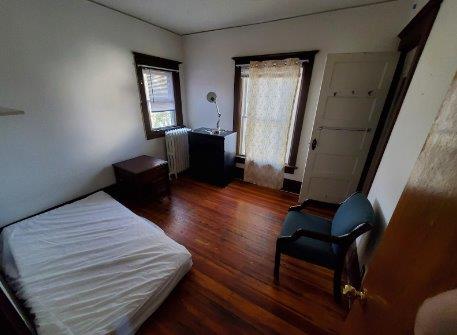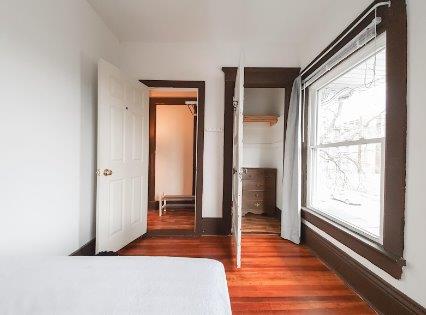About the Houses

Harvest House
Harvest is a 14 person vegan/vegetarian house in Urbana.

Brooks House
Brooks is a 14 person house in Urbana.

Randolph House
Randolph is a 9 person house in Champaign.
What's it like to live in a co-op?
Communal Meals
House meals are one of the major aspects of the co-op experience. Housemates take turns cooking for each other, and dinner is often a time for members to socialize with each other.
Resource Sharing
Living in a cooperative means that there is no need for everyone to own a set of dishes, buy all of their own food, or buy their own cleaning supplies. Money is saved by buying in bulk and resources are conserved by sharing public goods.
Shared Labor
By setting up an orderly division of labor, housing co-ops make sure that everyone does their part in maintaining the house and no one gets stuck with all the work.
Community
Roommates may merely co-exist without actually interacting with each other. Housing co-op members establish community by working together.
Non-Profit
COUCH is unique in that it is a non-profit organization ran by an executive board made up of current members from each house. Any profit that would normally go into a landlord's pocket goes directly into the hands of the people to improve the houses as they please. Each house has a generous $10K maintenance fund that houses can use for major maintenance projects of their choosing. Typically, a landlord would opt for the cheapest maintenance option to maximize their own profits; however, we, the people, have the power to make sure things are done right and well.
How to Join
If you are interested in joining COUCH, fill out the application below! If you have any questions, please feel free to check out our FAQs!
The process generally looks like this:
1.) Look through the different house pages and choose which house(s) you're interested in.
2.) Fill out the application linked below. Please be as honest as possible.
3.) If there are available spots in the house(s) you've indicated you're interested in, then the house's membership coordinator will email you to set up a membership dinner interview. Here, you'll have the chance to sit down with housemates, share a meal, ask questions about logistics and the living situation, and take a tour of the house. This allows you to get to know the house and vice versa to see if you're a good fit. Zoom dinners and tours are also available for those who can't come to the house in-person.
4.) After the interview phase, the house will let you know whether they think you would be a good fit for the house and send you a list of the available bedrooms along with pictures. This is your chance to decide whether this is the house for you and to look through the available bedrooms.
5.) If you choose to accept, you will sign a lease for your bedroom and need to put down a security deposit (one month's rent). Lease length and dates are flexible; however, those who seek full year leases will have priority.
To open the application form in a new tab, click here.
Blog

Harvest House Summer 2022

Brooks House Christmas 2021









